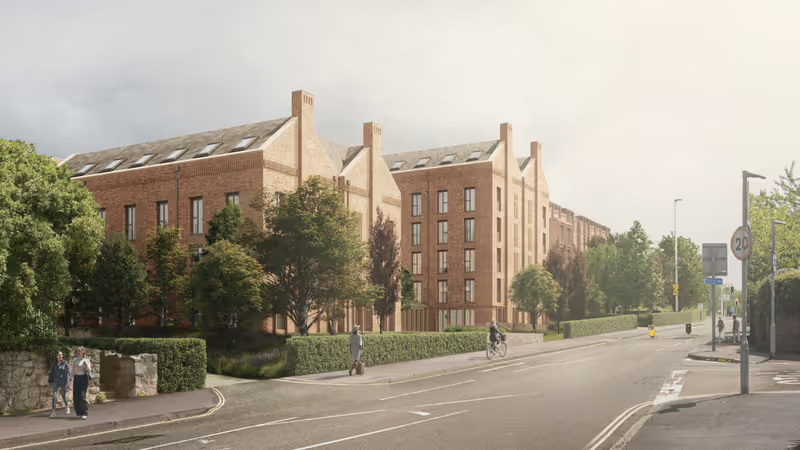Junior doctors at the Royal Devon NHS Trust are taking industrial action either side of Christmas for a total of nine days alongside colleagues across the country in what will be the longest strike in NHS history.
They are on strike for three days from 7am today and will also strike for six days from 3 January.
British Medical Association (BMA) members will be joined by colleagues from the Hospital Consultants and Specialists Association (HCSA) in this week’s industrial action. HCSA members are voting on whether to join the January strikes in a ballot that closes today.
The walkouts are part of an ongoing national dispute between the government and health service unions about pay and employment conditions.
 Royal Devon and Exeter hospital at Wonford
Royal Devon and Exeter hospital at Wonford
HCSA president Dr Naru Narayanan said: “Junior doctors will again walk out this winter in what has become a marathon dispute which nobody wants.”
He added: “The government’s dogged refusal to acknowledge the impact of long-term pay decline is at the root of these strikes. We need a resolution which answers the central issue here – the impact of years of real-terms salary cuts on recruitment, morale and retention.”
The BMA announced today’s strike action in early December after pay negotiations with the government failed to produce agreement.
BMA junior doctors committee co-chairs Dr Robert Laurenson and Dr Vivek Trivedi said: “After five weeks of intense talks, the government was unable to present a credible offer on pay by the deadline.
“It is clear it is still not prepared to address the real-terms pay cut doctors have experienced since 2008.”
They added: “We will be ready and willing any time the Government wants to talk. If a credible offer can be presented the day before, or even during any action, these strikes can be cancelled.”
 Striking nurses at the Royal Devon and Exeter Hospital in December 2022
Striking nurses at the Royal Devon and Exeter Hospital in December 2022
A series of strikes over pay and conditions have been held by NHS staff including nurses, consultants, junior doctors, radiographers and ambulance workers over the past 18 months.
They followed a government pay offer last year which trade unions said amounted to a real-terms pay cut, particularly in the context of the cost of living crisis.
The BMA began its campaign for increased pay in June last year after a vote at its annual conference.
Doctors said that years of pay freezes and 1% annual salary uplifts meant that the value of their take-home pay had fallen by almost a third since 2008.
The BMA is seeking a pay rise of up to 35% over the next five years to restore pay to 2008 levels.
 Royal Devon and Exeter hospital at Heavitree
Royal Devon and Exeter hospital at Heavitree
Junior doctors – hospital doctors who are not consultants – make up almost half of all doctors in hospitals in England.
They voted on industrial action in January this year, resulting in a three day strike in March. The ballot returned a 98% vote in favour of industrial action on a turnout of 77.5%.
A series of strikes then followed, over four days in April, three days in June, five days in July – at that stage the longest NHS strike in its history – and four days in early August.
In late August, consultants held a two day strike during a four day strike by junior doctors, the first time they had taken strike action simultaneously.
Consultants and junior doctors were then joined by radiologists for a three day strike in early October.
The latest round of strikes are taking place from 7am today to 7am on Saturday 23 December, then continue from 7am on Wednesday 3 to 7am Tuesday 9 January.
NHS advice is to attend planned appointments as normal unless you have been informed otherwise.
Emergency departments and minor injury units will remain open throughout the strike but the public are advised to visit their local pharmacy or GP for medical problems that are not critical or life threatening.










